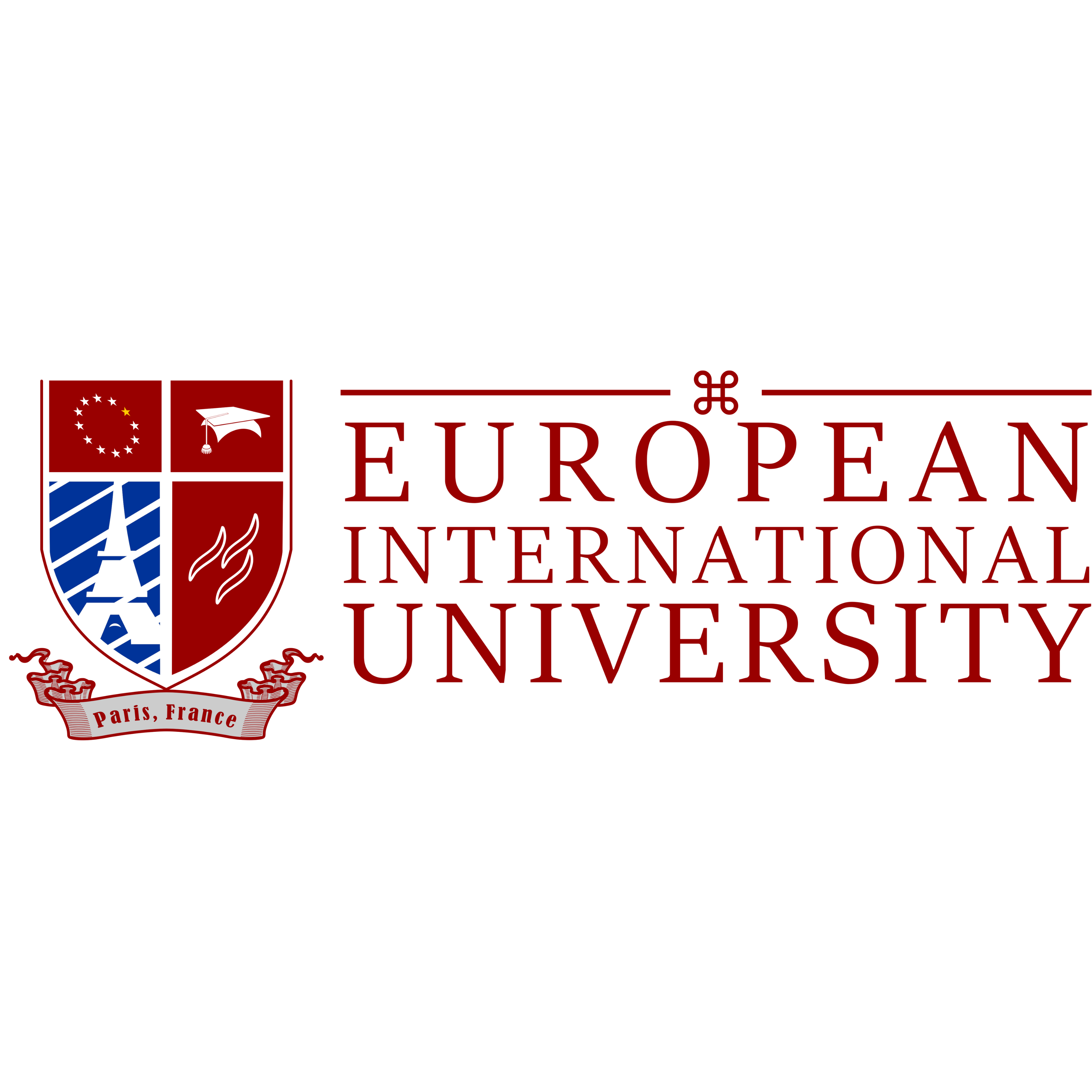
A Doctorate in Data Analysis is a rigorous research degree designed to develop experts capable of handling complex data challenges in an increasingly data-driven world. This program emphasizes advanced quantitative methods, statistical modeling, machine learning, and algorithm development to extract valuable insights from vast and diverse data sets. Candidates undertake original research to create or refine analytical tools that solve real-world problems across industries such as finance, healthcare, technology, and social sciences.
Students pursuing this doctorate gain deep knowledge in data mining, predictive analytics, data visualization, and computational statistics. They develop skills not only in handling raw data but also in interpreting results to influence business strategies, policy-making, or scientific discoveries. The program encourages interdisciplinary collaboration, integrating knowledge from computer science, mathematics, and domain-specific fields to address complex analytical questions.
Graduates typically pursue careers in academia, research institutions, or high-level industry roles such as data scientists, chief data officers, or analytics consultants. Their expertise enables organizations to leverage data for innovation, operational efficiency, and competitive advantage.
By the end of the program, doctoral candidates produce a dissertation that contributes new knowledge or techniques to the field of data analysis, reflecting both theoretical and practical advancements. This degree represents the pinnacle of expertise for those passionate about turning data into actionable intelligence and shaping the future of data-driven decision-making.